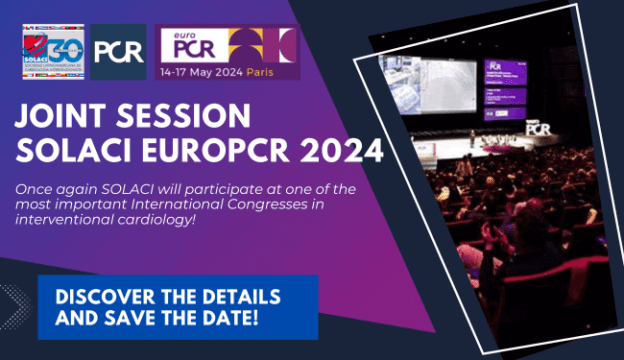
This study prospectively included 229 patients who were ≥70 years old, had undergone TAVI and were assessed using the Mini Mental State Examination before and 6 months after the procedure. Cognitive deterioration or improvement was defined as a decrease or increase in the Mini Mental State Examination score of at least 3 points between baseline and 6 months.
Cognitive deterioration was found in 29 patients (12.7%), although no statistically significant predictor of this event was identified. However, observation of the 8 patients with the highest deterioration score (Mini Mental State Examination score decrease of ≥5 points) revealed possible specific causes, such as postinterventional delirium, postinterventional stroke, progressive renal failure, progressive heart failure, or preexisting cerebrovascular disease.
There were 48 patients with baseline cognitive deterioration (Mini Mental State Examination score <26 points), of whom 18 (37.5%) improved significantly.
The preinterventional aortic valve area was lower in patients who cognitively improved after the procedure (mean baseline aortic valve area 0.6 cm²) when compared with patients whose score remained similar to their baseline score (mean baseline aortic valve area 0.7 cm²; p = 0.01).
Conclusion
This is the first study providing evidence that transcatheter aortic valve replacement may result in cognitive improvement among patients who had preprocedural cognitive impairment, which may be possibly related to hemodynamic improvement. This study also confirms that some patients experience cognitive deterioration after the procedure.
Original title: Evolution of Cognitive Function After Transcatheter Aortic Valve Implantation.
Reference: Andreas W. Schoenenberger et al. Circ Cardiovasc Interv. 2016 Oct;9(10).
Subscribe to our weekly newsletter
Get the latest scientific articles on interventional cardiology
We are interested in your opinion. Please, leave your comments, thoughts, questions, etc., below. They will be most welcome.





